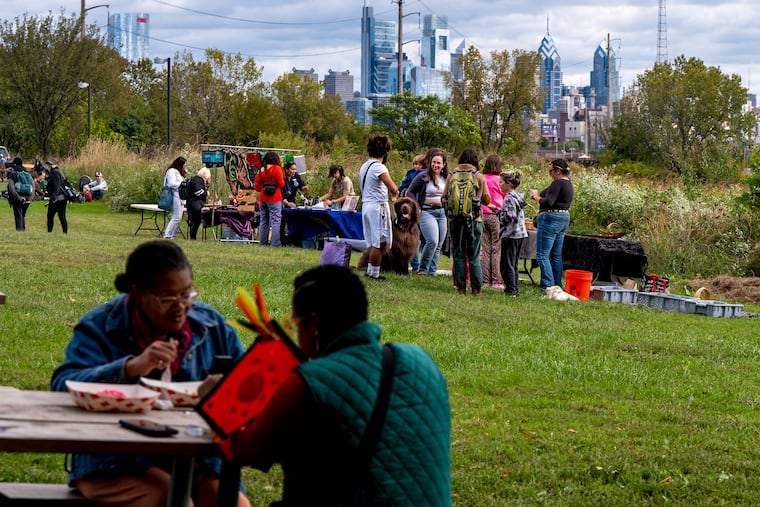Jimmy Kimmel’s show is temporarily on hold; updates on why it’s paused and his expected return.
On Wednesday night, ABC made the unprecedented decision to suspend “Jimmy Kimmel Live” following controversial comments made by host Jimmy Kimmel regarding the fatal shooting of Charlie Kirk. The move comes amid increasing pressure from the Federal Communications Commission (FCC) and has sparked significant discussions about censorship and the limitations of free speech within the broadcasting industry.
Kimmel, known for his frequent critiques of former President Donald Trump, remarked during his Monday night monologue that the “MAGA gang” was attempting to absolve the shooter of responsibility for Kirk’s death, which he described as a new low in political discourse. These comments triggered a swift response from Brendan Carr, the FCC chairman, who labeled Kimmel’s remarks as “the sickest conduct possible” in a subsequent interview with conservative podcaster Benny Johnson. Carr threatened to revoke ABC’s broadcast license held by its parent company, Disney, and insisted that the network must take action against Kimmel.
In an assertive statement, Carr expressed that media companies should address Kimmel’s conduct effectively, warning that otherwise, further consequences from the FCC would follow. This call to action was echoed by local media owners Nexstar and Sinclair, both of which opted to preempt Kimmel’s show on their stations, thereby intensifying the pressure on ABC.
An ABC spokesperson confirmed that “Jimmy Kimmel Live” would be preempted indefinitely. As Kimmel prepared to film that evening’s episode, he had yet to publicly respond to the situation. Meanwhile, both Trump and Carr praised the network’s decision to suspend the show. In a social media post celebrating the development, Trump called it “Great News for America,” while Carr highlighted that American broadcasters were standing up for community interests.
However, this bold action has drawn criticism from other FCC officials, such as Commissioner Anna Gomez, who condemned the suspension as an unjustified act of censorship that exploited a tragic event for political leverage. Gomez argued that such governmental pressure is increasingly being used to stifle lawful expression.
Despite the overwhelming response, ABC hopes to reinstate Kimmel’s show in the near future, with reports suggesting a return could occur within a few days. The network has since replaced Kimmel’s timeslot with reruns of “Celebrity Wheel of Fortune.”
The incident also raises potential repercussions for other late-night hosts, as Trump has publicly suggested that NBC should also remove Jimmy Fallon and Seth Meyers from their respective shows, thereby questioning the continuity of their platforms amidst ongoing political tensions.
Broadcasting regulations in the U.S. differ significantly from those governing cable networks, as ABC and other commercial broadcast channels operate under licenses issued by the FCC, which grants the agency authority to regulate content in the public interest. In a political climate characterized by increasing scrutiny of media expression, Kimmel’s case exemplifies the delicate balance between creative freedom and regulatory oversight.
As the media landscape evolves, developments surrounding Kimmel’s suspension will be closely observed by both industry insiders and the public, reflecting broader societal debates about free speech, accountability, and the role of government in media regulation.
Media News Source






